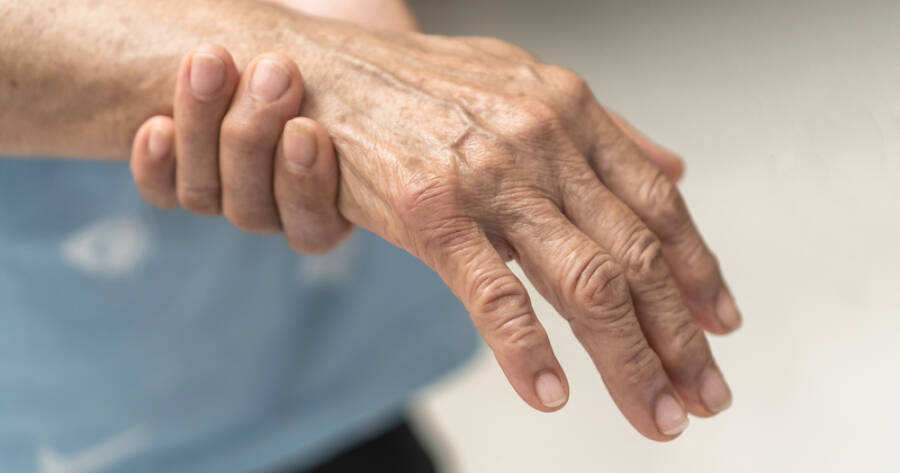Neuropathy clinical trials present a gateway to advanced treatments and vital medical insights for those affected by nervous system disorders. Participants benefit from early access to novel therapies, comprehensive health evaluations, and financial compensation. By engaging with top trials, individuals contribute to meaningful research, potentially enhancing both personal outcomes and the broader understanding of neuropathy.
Understanding Neuropathy Clinical Trials in the USA
Neuropathy, a condition that affects the nervous system, is a significant health issue in the United States, impacting millions of individuals. Clinical trials for neuropathy offer hope through access to cutting-edge treatments and expert medical care.
Participants not only gain early access to innovative therapies but also contribute to medical research while potentially receiving compensation. This can be especially appealing to those experiencing limited success with existing treatments and those seeking financial incentives.
Benefits of Joining a Neuropathy Clinical Trial
Joining a neuropathy clinical trial can be quite beneficial for patients in several ways. Participants are afforded access to medications and treatments before they reach the public market, allowing for the exploration of new therapeutic avenues.
For those affected by diabetic neuropathy, trials such as those conducted by the Artemis Institute for Clinical Research or specific trials by Pinnacle Research Group offer no-fee medical evaluations and access to investigative study medication. These trials provide comprehensive health assessments, often accompanied by necessary psychological evaluations to ensure patient wellbeing.
Compensation and Support
Monetary compensation is a significant draw for participants. Many trials offer financial rewards to cover time and travel, ensuring that personal and logistical burdens associated with clinical participation are minimized to attract a diverse range of participants.
In trials like those conducted by Boston Clinical Trials (BCT), additional support, such as transportation and childcare during visits, underscores the commitment to participant convenience and wellbeing. Such logistical support eases participation barriers, making it feasible for more individuals to engage in these promising studies.
Ethical and Safety Considerations
Clinical trials in the United States strictly adhere to ethical guidelines and safety standards. This commitment to integrity is evident in platforms like Power, which aids patients in finding FDA-reviewed trials that ensure participant safety.
Whether it is trials focused on medications like CagriSema, LY3556050, or Suzetrigine, they are designed under the approval of independent review boards to minimize risks and guarantee ethical practices. Informed consent is a cornerstone of these trials, ensuring participants fully understand the processes and potential risks involved. Furthermore, participants can withdraw at any given time without consequence, and are continuously monitored for any adverse effects during the trial period.
Pioneering Treatments in Neuropathy
The landscape of neuropathy treatments is rapidly evolving, with a range of innovative therapies in the pipeline. Trials exploring treatments such as GM1 for chemotherapy-induced neuropathy or nerve stimulation for chronic pain offer unique opportunities for participants to potentially improve their condition.
This is particularly vital for conditions like diabetic neuropathy, which affect approximately half of the diabetic population, resulting in significant personal and systemic challenges. Participating in these trials provides patients early access to treatments that could substantially improve quality of life by pioneering new solutions.
Engaging with Neuropathy Clinical Trials
For those considering participation in a neuropathy clinical trial, it is crucial to prioritize understanding the trial structure, expectations, and potential outcomes. Interested individuals should evaluate trial opportunities closely, considering factors such as geographic location, duration of the trial, and perceived personal benefit.
Engaging with trials from reputable organizations like Pinnacle Research and Artemis Institute, both well-known for their robust research projects and patient care, ensures an experience aligned with the highest standards of medical research and ethics while contributing to crucial advancements.
Learn More About Neuropathy Clinical Trials
Understanding and participating in neuropathy clinical trials can be a transformative step for those affected by this condition. Not only do these programs offer access to leading-edge treatments and expert medical care, they also provide financial compensation for time and effort.
Engaging in these trials allows patients to contribute meaningfully to essential medical research, paving the way for future therapeutic breakthroughs. For anyone grappling with neuropathy, particularly those with limited success from traditional therapies, these trials represent a promising opportunity to explore new treatment pathways and enhance their quality of life.
Sources
Pinnacle Research offers clinical drug and device studies
Artemis conducts trials focused on diabetic neuropathy

